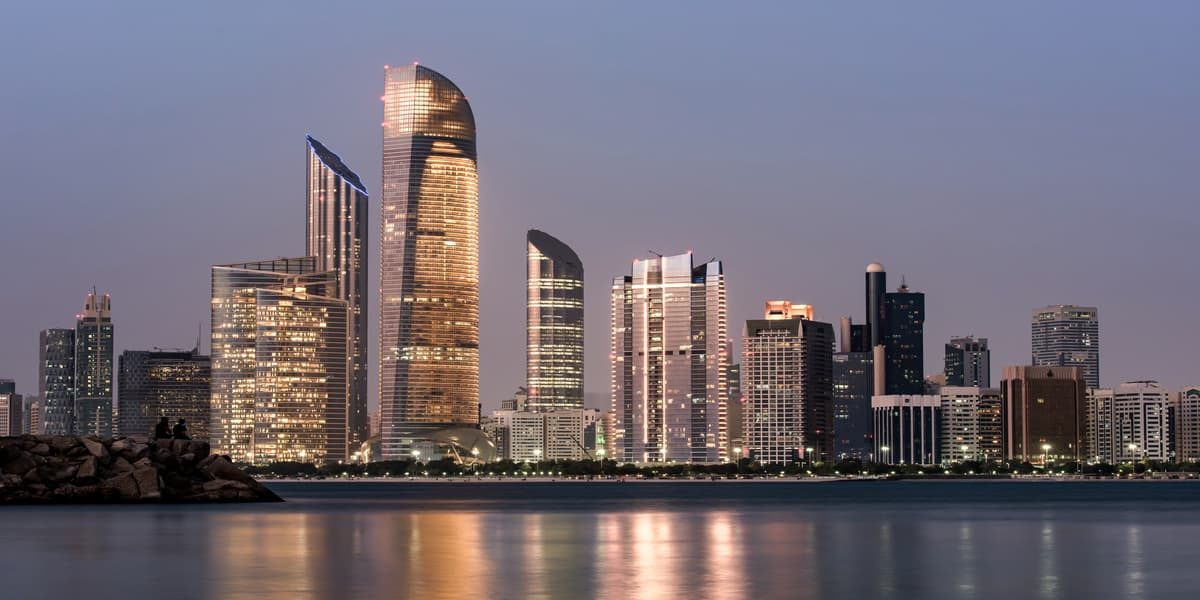UAE’s 100% foreign ownership will boost investor confidence, cut cost of operations

The UAE’s announcement of 100 per cent foreign ownership across the board effective June 1, is touted as game changing and a master stroke. This was the biggest demand from various business councils for decades. The current system requires 51 per cent local sponsorship along with majority representation in the board with the Chair being Emirati. In a country where more than 80 per cent of the population are expats and where the economy is fairly better diversified than their GCC counterparts, opening the ownership gates cannot be timed better.
The Covid’s multiple waves are wrecking a havoc on global economies including the UAE whose GDP is expected to shrink by 6.6 per cent (IMF) with the widest budget deficit on record. It has also resulted in exodus of expats due to job losses which has resulted in the population numbers falling by 10 per cent with heavy economic consequences. Attracting expats and tourists back will need considerable investment led economic revival. While the UAE has been fairly successful in attracting FDI’s, they are mostly in the oil and gas sector followed by digital economy. Being a service economy and world’s tourism destination, the UAE can certainly do well to attract more FDI’s across several other sectors and this reform is exactly aimed at that. Also, Expo 2020 is round the corner and will need conducive business environment to make that happen effectively.
A business reform like 100 per cent foreign ownership across the board can really be the icing on the cake as it improves investor confidence and also reduce cost of operations, which is a key business requirement. With a visa-friendly regime now in place, the business environment is now at its compelling best.
On the flip side though, the business model of free zones will come under intense pressure where it used to be the only place where 100 per cent foreign ownership is allowed. There are over a dozen free trade zones in the UAE and they have been fairly successful compared to other free zones in GCC.
It will be interesting to see if other GCC countries, especially Saudi Arabia will follow suit. While the need to attract FDI can be important for all GCC countries, many of them have ring-fenced their local population in an attempt to improve employment opportunities for locals.
Response to Covid pandemic has been very different across the globe. Many advanced economies are directly putting money in the pockets of people in what is termed as fiscal stimulus. They are also getting generous help from the Central banks which has promised to keep interest rates low for a good amount of time in the future. However, emerging markets response has been mostly in the form of reforms as they lack the deep pockets to put money directly in the hands of citizens. Also, global economies have started looking inward post Covid. Bringing back the supply chain, global transportation and tourism will certainly take more time than anticipated. This will have significant impact on trade and FDI’s for many countries in the world. UAE has positioned itself as a global trade hub and hence trade runs as the central nerve. In that scenario, opening up the economy ahead of others through such reforms can be considered not only timely but sagacious in terms of opening the trade gates. UAE is certainly showing the way for the world.
This Article is Written by Mr. M. R. Raghu, CEO, Marmore and was originally posted on Khaleej Times on May 21, 2021
